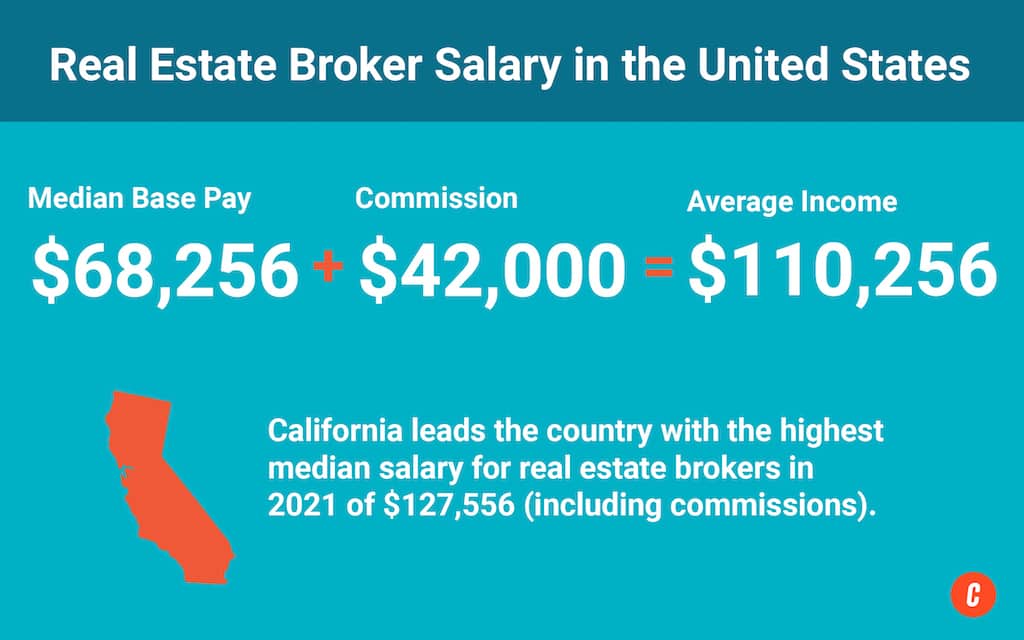
The Colorado real-estate license is a state-issued document indicating that a person meets the requirements for licensing as a real agent. You can get your license in this state with ease if you have the right information.
Pre-Licensing and Test Prep
In order to get a real estate license in Colorado, you must complete pre-license courses from a state-approved education provider. These courses can be taken online or in-person, and many schools offer a variety of learning options, including Zoom classes, small group classes, and accelerated one-on-one training.
Exams are an important part of licensing. It's crucial to plan ahead by reviewing your prelicensing materials, and investing in exam preparation tools. These include study schedules, flashcards and exam prep books.

To become a Colorado real estate agent, you must be at least 18 years of age, have a high-school diploma or GED certificate, pass a background check, and be able to work in the state. After you've completed this step, your next step is joining a brokerage to obtain your license.
Colorado Brokering
To become a broker licensed in this State, you must complete 168 hours and pass the broker’s exam. You also need to be fingerprinted. A broker's license is also possible if you have worked as a salesperson, or in a related field.
Online, livestreaming, or in-person courses are all options for pre-licensing education. Some schools offer accelerated one to one training to help you pass real estate exams on your first attempt.
The Colorado broker exam is two-part and is proctored through a third party. This exam covers both state and national law. It is multiple-choice and takes up to an hour. To obtain your broker's license, you must pass each part.

Colorado may allow you to reciprocally license a broker licensed in another state if you've been licensed in that state for at most two years. This type of licensing is a time- and cost-saving option that eliminates the need for a 168-hour education in real estate.
How to Become a Broker in Colorado
You will need to submit your fingerprints as well as pay the background check fee with Colorado before you can apply for your Colorado license. The state has several approved vendors to handle these steps, so find one that suits your needs.
Choosing a Real Estate License Prep Program
After you have completed your pre-license education you will need to prepare for real estate licensing exam. Colorado's real estate license exam is known to be one of the most difficult. It's therefore important that you have the correct strategies and tools. Kaplan's Colorado exam prep kits are recommended. They include practice questions, simulated exams, and many other useful tools.
FAQ
How do I get rid termites & other pests from my home?
Your home will eventually be destroyed by termites or other pests. They can cause serious damage and destruction to wood structures, like furniture or decks. To prevent this from happening, make sure to hire a professional pest control company to inspect your home regularly.
How much money should I save before buying a house?
It depends on how long you plan to live there. If you want to stay for at least five years, you must start saving now. You don't have too much to worry about if you plan on moving in the next two years.
How much money can I get to buy my house?
It all depends on several factors, including the condition of your home as well as how long it has been listed on the market. Zillow.com says that the average selling cost for a US house is $203,000 This
How many times may I refinance my home mortgage?
This is dependent on whether the mortgage broker or another lender you use to refinance. In either case, you can usually refinance once every five years.
What are the disadvantages of a fixed-rate mortgage?
Fixed-rate mortgages have lower initial costs than adjustable rates. A steep loss could also occur if you sell your home before the term ends due to the difference in the sale price and outstanding balance.
What is a Reverse Mortgage?
Reverse mortgages are a way to borrow funds from your home, without having any equity. You can draw money from your home equity, while you live in the property. There are two types: government-insured and conventional. A conventional reverse mortgage requires that you repay the entire amount borrowed, plus an origination fee. FHA insurance covers your repayments.
Can I afford a downpayment to buy a house?
Yes! There are many programs that can help people who don’t have a lot of money to purchase a property. These programs include government-backed loans (FHA), VA loans, USDA loans, and conventional mortgages. More information is available on our website.
Statistics
- Private mortgage insurance may be required for conventional loans when the borrower puts less than 20% down.4 FHA loans are mortgage loans issued by private lenders and backed by the federal government. (investopedia.com)
- Over the past year, mortgage rates have hovered between 3.9 and 4.5 percent—a less significant increase. (fortunebuilders.com)
- The FHA sets its desirable debt-to-income ratio at 43%. (fortunebuilders.com)
- Based on your credit scores and other financial details, your lender offers you a 3.5% interest rate on loan. (investopedia.com)
- Some experts hypothesize that rates will hit five percent by the second half of 2018, but there has been no official confirmation one way or the other. (fortunebuilders.com)
External Links
How To
How to find an apartment?
When moving to a new area, the first step is finding an apartment. This requires planning and research. It includes finding the right neighborhood, researching neighborhoods, reading reviews, and making phone calls. This can be done in many ways, but some are more straightforward than others. Before renting an apartment, you should consider the following steps.
-
Online and offline data are both required for researching neighborhoods. Websites such as Yelp. Zillow. Trulia.com and Realtor.com are some examples of online resources. Local newspapers, real estate agents and landlords are all offline sources.
-
See reviews about the place you are interested in moving to. Review sites like Yelp, TripAdvisor, and Amazon have detailed reviews of apartments and houses. Local newspaper articles can be found in the library.
-
For more information, make phone calls and speak with people who have lived in the area. Ask them about their experiences with the area. Ask them if they have any recommendations on good places to live.
-
You should consider the rent costs in the area you are interested. Renting somewhere less expensive is a good option if you expect to spend most of your money eating out. You might also consider moving to a more luxurious location if entertainment is your main focus.
-
Find out more information about the apartment building you want to live in. What size is it? What price is it? Is it pet-friendly? What amenities does it offer? Are there parking restrictions? Do you have any special rules applicable to tenants?